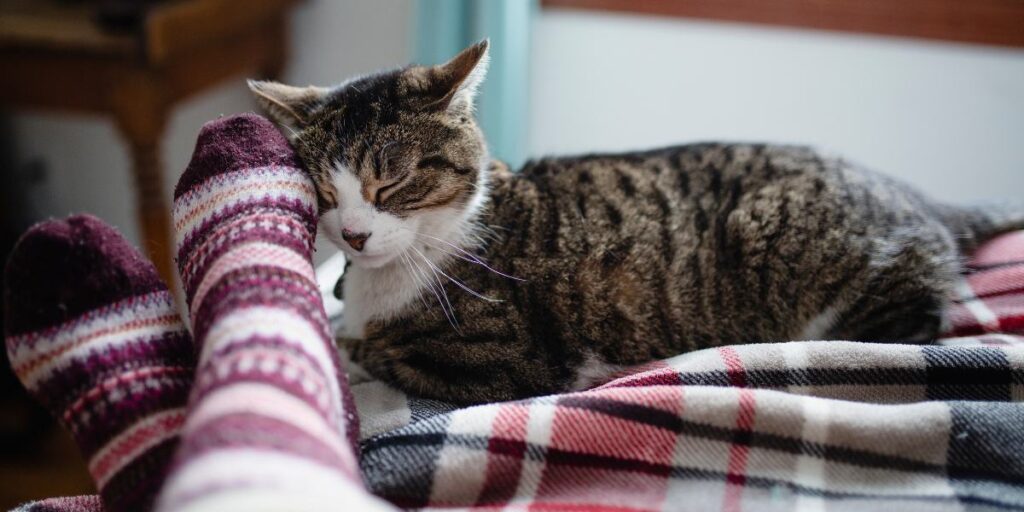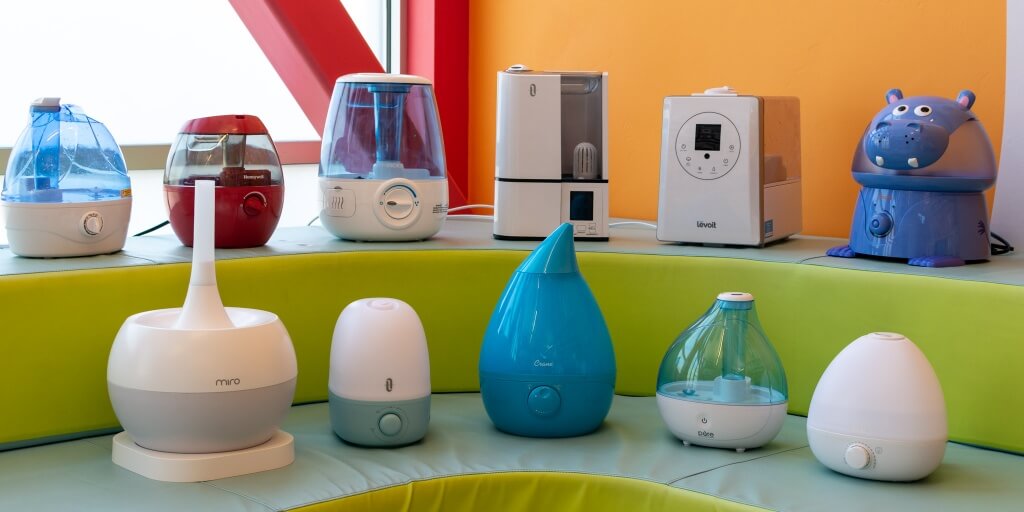Vicks Vapor Rub is a common over-the-counter product used by humans to relieve congestion and ease the discomfort of colds and respiratory issues.
However, when it comes to your feline friends, it’s crucial to consider their safety and well-being.
In this article, we’ll explore whether Vicks Vapor Rub is safe for cats and provide insights into alternative methods to address feline congestion.
Is Vicks Vapor Rub Safe for Cats
to Inhale?
No, Vicks Vapor Rub is not safe for pets to inhale, including cats. Vicks contains ingredients like camphor, eucalyptus oil, and menthol, which can be harmful to animals when inhaled or ingested.
Licking of these ingredients can irritate a cat’s delicate respiratory system and lead to serious health issues like
- Skin Irritation
- Nausea
- Vomitting
- Diarrhea
- Depression
- Seizures
Is Vicks Vapor Rub Safe to put on My Cat for Fleas?
Using Vicks Vapor Rub to treat fleas on your cat is not a safe or recommended practice. The ingredients in Vicks are not designed for flea control in cats and can be toxic if ingested or absorbed through the skin.
If your cat has fleas, it’s essential to use safe and vet-approved flea control products specifically designed for feline use.
Vicks Alternative for Cats
If your cat is congested or experiencing respiratory issues, it’s best to consult with a veterinarian for guidance on safe and effective treatments.
There are alternative methods to help alleviate your cat’s congestion without resorting to Vicks Vapor Rub:
1. Humidifier: Using a humidifier in your home can help increase moisture in the air, which may ease your cat’s breathing. Be sure to use a cool-mist humidifier, as warm-mist humidifiers can pose burn risks. Here’s the list of best humidifiers for cats.
2. Steam Therapy: You can create a steamy environment in your bathroom by running a hot shower and letting your cat spend some time in the steam. This can help clear nasal passages.
3. Veterinarian’s Advice: Your veterinarian may recommend safe and cat-friendly medications or treatments to address your cat’s congestion or respiratory issues. Always follow their guidance for your cat’s well-being.

How Much Vicks Is Toxic to Cats?
The toxic dose of Vicks Vapor Rub for cats can vary depending on several factors, including the cat’s size and sensitivity.
However, even a small amount of Vicks can be harmful to cats, and it’s best to avoid exposing them to this product entirely.
How to Decongest a Cat?
If your cat is congested, it’s essential to approach their treatment with care. Here are some general tips to help decongest your cat:
Consult a Veterinarian: Seek professional guidance from your veterinarian, who can diagnose the underlying cause of your cat’s congestion and recommend appropriate treatment.
Create a Steamy Environment: As mentioned earlier, you can create a steamy environment in your bathroom by running a hot shower and allowing your cat to breathe in the steam for a short period.
Keep Your Cat Hydrated: Ensure your cat has access to fresh water at all times to stay hydrated, which can help loosen mucus.
Monitor Your Cat’s Symptoms: Keep an eye on your cat’s condition and seek immediate veterinary care if their congestion worsens or if they display any concerning symptoms.
In conclusion, Vicks Vapor Rub is not safe for cats, and you should never apply it to your feline companion or expose them to its vapors.
If your cat is experiencing respiratory issues or congestion, consult with your veterinarian for safe and effective treatment options tailored to your cat’s specific needs. Or buy a humidifier for helping your cat with upper respiratory infection.
Your veterinarian is your best resource for ensuring your cat’s health and well-being.



